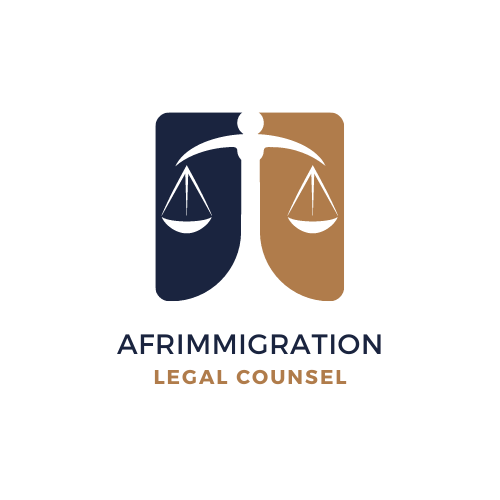What is Form I-130 used for?
There are different types of green cards you can apply for. There are family-based green cards, employment-based green cards, humanitarian green cards, and other special green cards. Each of these immigrant visa categories has its application process. For family-based green cards, the first step in the application process is to file Form I-130 with the U.S. Citizenship and Immigration Service (USCIS).
Form I-130 does two essential things. First, it establishes that you are the immediate relative of a U.S. citizen or a U.S. permanent resident. When you submit the form, you’ll have to add copies of supporting documents like marriage certificates and birth certificates to prove your family relationship with your sponsor.
Secondly, if you’re married to a U.S. permanent resident, filing Form I-130 gives you a spot in line for a green card. Eligible family members of green card holders need a “priority date” to submit a green card application. Your priority date is the date when USCIS receives your Form I-130 petition and is your place in line for green card processing. The U.S. Department of State keeps an online monthly visa bulletin which shows when your priority date is “current”—that is, when you can finally submit your green card forms (Form I-485) for processing.
Priority dates do not apply to family members of U.S. citizens who can submit their green card forms at the same time as the I-130 or immediately after USCIS approves the I-130. Both family members of U.S. citizens and permanent residents must have an approved Form I-130 petition to begin their respective processes.
Who can file Form I-130?
U.S. citizens and U.S. permanent residents who want to register permanent residence for their immediate family members can file Form I-130 to begin the process. You can only sponsor a family member if they’re an immediate relative. Immediate relatives include spouses, parents, and children. Each relative you file for must have their respective Form I-130 petition.
Who can’t file Form I-130?
If you’re not a U.S. citizen or permanent resident, you can’t file Form I-130 on behalf of another person. However, even if you’re an American citizen or green card holder, not all of your family members may meet the eligibility criteria for green card sponsorship. You can’t sponsor a green card for these relatives:
- Any family member who has committed visa fraud by marrying or trying to marry just for immigration benefits
- Biological parents, if you gained your U.S. immigration status through adoption
- Adoptive parents or children adopted after they had turned 16 years old
- Married children if you’re a U.S. permanent resident (green card holders can only sponsor their unmarried children)
- Grandparents or grandchildren, nephews and nieces, aunts and uncles, cousins, parents-in-law
- Stepparents who became your family after you turned 18 years old, and stepchildren who became your family after they’d turned 18
- Your spouse, if both you and your spouse did not attend your marriage ceremony in person
- Your spouse if you got your green card through a prior marriage and haven’t been a green card holder for at least five years or haven’t become a U.S. citizen by naturalization
- Your spouse, if you married them while they were in immigration court proceedings, for example, deportation
When you submit your Form I-130, you will have to submit supporting documents to confirm that the family member you’re petitioning for does not fall under any of the disqualifying categories discussed in this section.
Credit: USCIS
Legal Representation
Our reputable legal counsels are specialized in Fiancé Visa and can assist you with this process. Call or email us today to kick start your process.
Related links:
- Frequently Asked Questions
- Contact Us
- Schedule An Appointment

